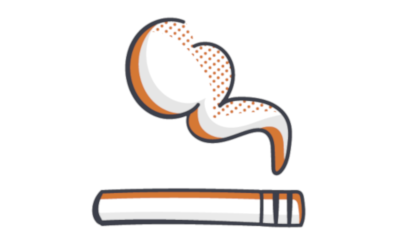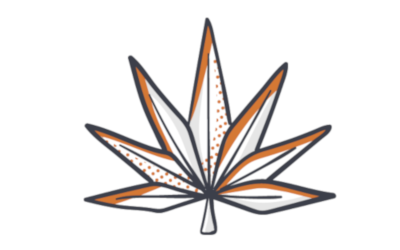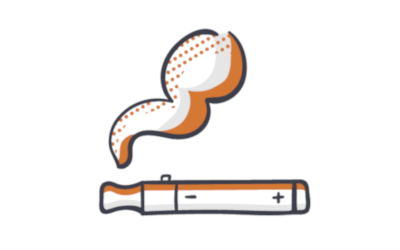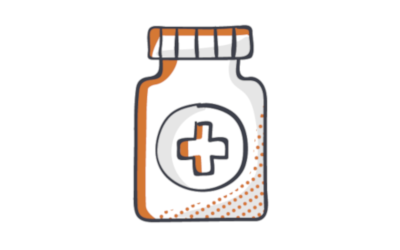The mission of Shadle Prevention and Wellness Coalition is to develop a culture of health and safety in our community by addressing issues related to the misuse of alcohol, tobacco, marijuana, and drugs by youth.

Building a Stronger Community
Youth substance use can hurt the health and safety of our communities. Prevention services and strategies are essential. When we prevent early use of alcohol, prescription drugs, marijuana, etc. we can also prevent the costs of substance abuse and addiction, family violence, poverty and crime.

Bias-free Support for Underserved Populations
Working within the many contexts of our community, we strive to offer services that are free of barriers and stigma. Our coalition also seeks to leverage the work of other available resources in our community, addressing any gaps where and when we can.

Interrupting Cycles of Trauma and Poverty
As a coalition we work to identify factors that exist within our community that have strong correlations to substance abuse, trauma, violence, etc. By identifying these “risk” factors, we can help amplify or introduce more prevention strategies that will buffer and help reduce negative effects and impact.

Promoting Resiliency and Wellness
As a coalition, we strive to help create foundations for resilient communities that can work together to survive the hard stuff and come out better on the other side. Working together to promote prevention and health in our community only makes it better!
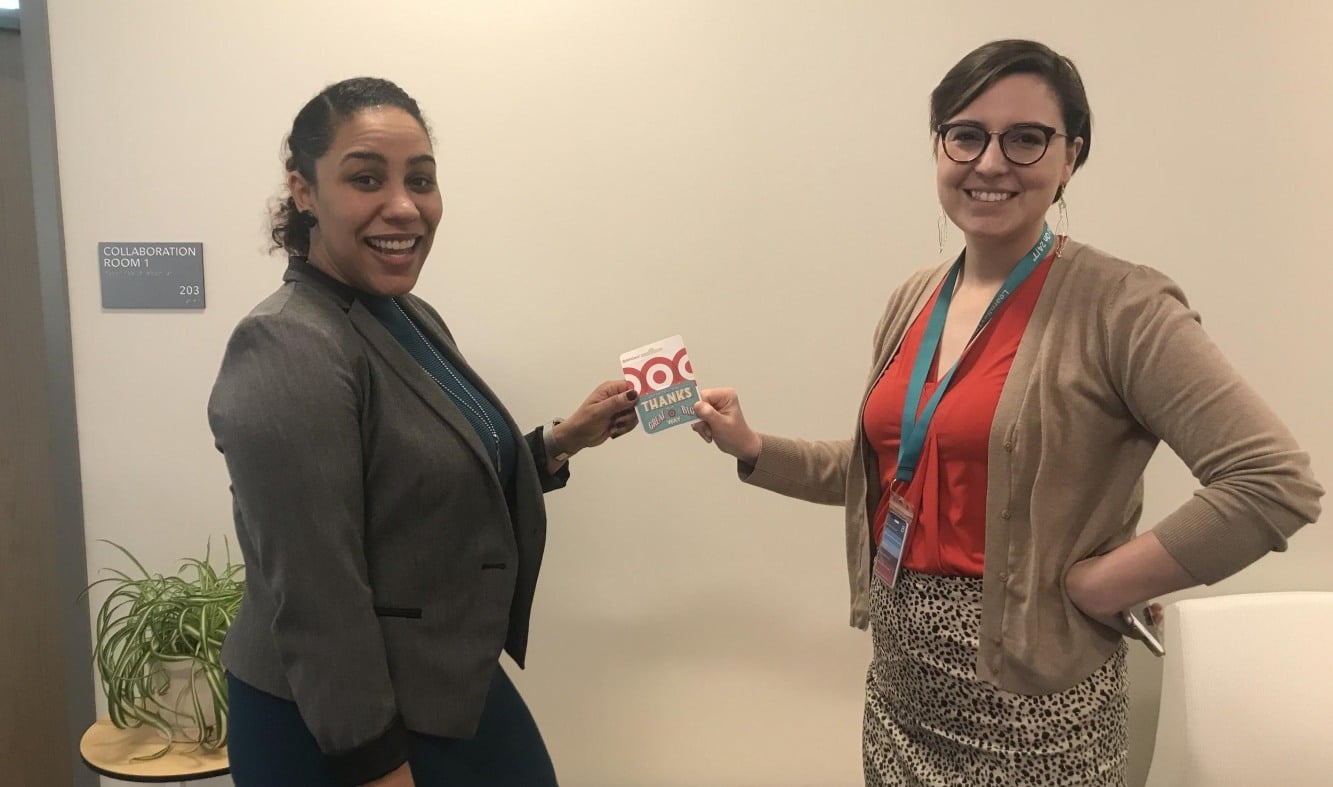
What exactly is a coalition?
A coalition works to help empower their community through education and substance use prevention strategies that support a safe and healthy environment. It aims to have representation from a variety of different sectors such as parents, youth, businesses, media, schools, law enforcement, religious organizations, volunteer groups, local government, healthcare, and behavioral treatment agencies, among a few others.
Coalitions use a variety of strategies to promote prevention in their communities based on the current needs and ability to leverage resources available. This includes programs like Strengthening Families or Guiding Good Choices parenting classes, youth prevention activities at local high schools, and large public awareness campaigns including prescription drug takeback events.
How do we do it?
The Community Prevention and Wellness Initiative is a community- and school-based model for delivering prevention programs and strategies to reduce underage use of alcohol, marijuana, tobacco, and other drugs. This model uses a data-informed, community-level decision making process to determine root social and emotional causes to identify gaps in the system. Each coalition prioritizes collaboration and partnership with its community members to promote positive change in the community.
Priorities of CPWI coalitions include reducing underage drinking, marijuana, and opioid misuse and abuse among youth.
What services do you provide?
• Engaging community members and organizing community prevention activities
• Reducing availability and promotion of substances
• Engaging in policy work to support enforcement efforts
• Reduce favorable attitudes toward substances among youth and adults
• Encourage parents to talk to their kids and set family guidelines
• Encourage youth to commit to school and provide them with opportunities and activities to be substance free
• Increasing the perception of harm associated with all substances
Shadle Prevention Coalition
Spokane Prevention Coalition Partners
West Spokane Wellness Coalition
East Valley Community Coalition
Spokane Prevention Coalition Homepage

This website is funded with Drug Free Community Grant funds. The Drug-Free Communities (DFC) Support Program is the nation’s leading effort to mobilize communities to prevent and reduce substance abuse among youth. Created in 1997 by the Drug-Free Communities Act, administered by the White House Office of National Drug Control Policy (ONDCP), and now managed by CDC, the DFC Program provides grants to community coalitions to strengthen the infrastructure among local partners to create and sustain a reduction in local youth substance use. Currently, ONDCP funds more than 700 community coalitions across the country in all 50 states. DFC grant recipients are awarded up to $125,000 per year, including West Spokane Wellness Partnership and Shadle Prevention Wellness Coalition service areas.


